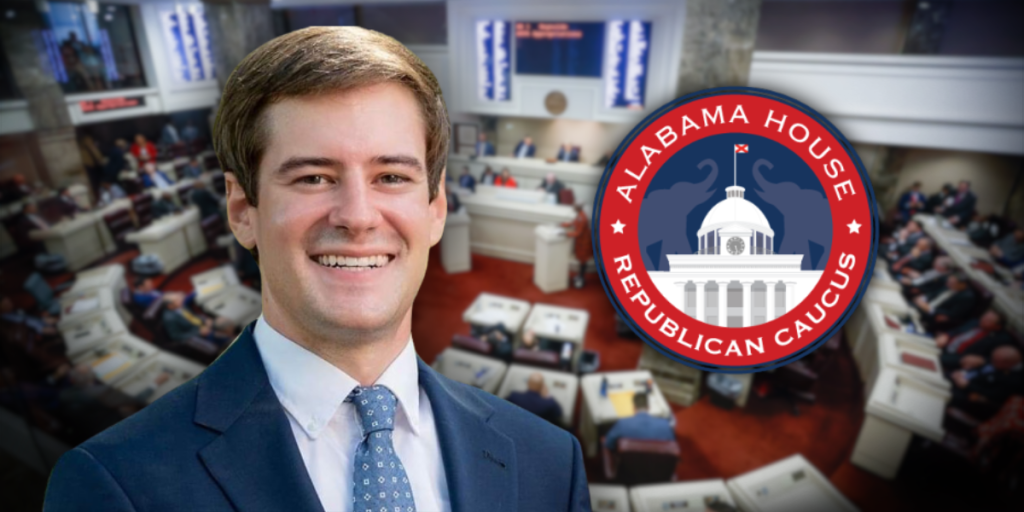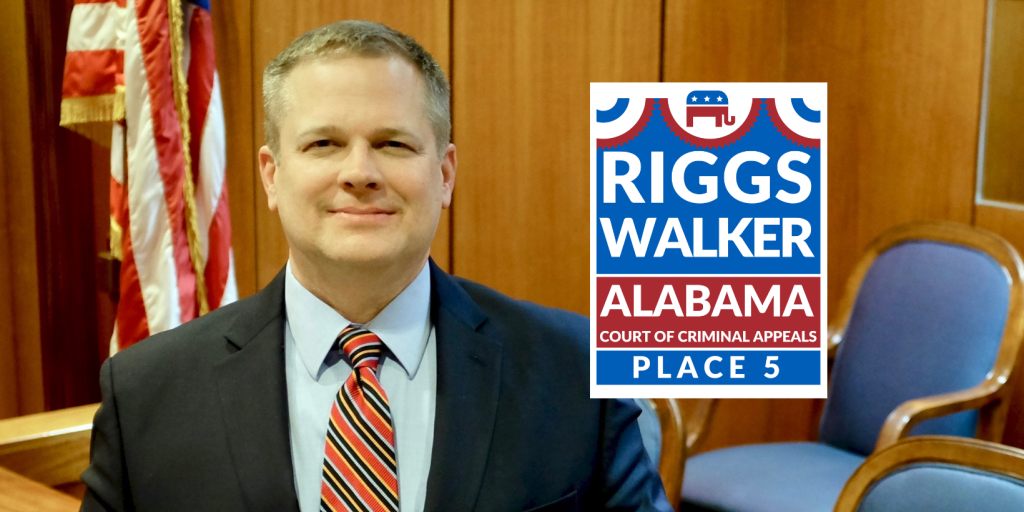Comments from U.S. Rep. Marjorie Taylor Greene have brought attention to the idea of a national divorce. A national divorce would enable the enactment of the economic agendas of the left and right and is worth thinking about.
National dissolution has been broached via calls for secession following the 2012 and 2016 elections. Michael Anton of the Claremont Institute, author of the influential essay “The Flight 93 Election,” recently penned a brilliant dialogue on national divorce for The Asylum.
The dialogue is between childhood friends Tom and Malcolm who have grown apart on ideological grounds. Tom recognizes how Blue state residents, including his former friend Malcolm, hate everything about Red state conservatives. If this were a marriage, the spouses would be separated and talking exclusively through insults. Why not end this nightmare marriage peacefully?
Malcolm’s not unexpected dismissal of national dissolution leads Tom to wonder, if Blue America so hates everything Red, why not break up? The answer: Blue America intends to subjugate and rule folks like Tom, through legal manipulation if not outright force.
Mr. Anton notes Abraham Lincoln’s observation that North and South shared 99% of values and differed only over one thing. That one thing, slavery, was a doozy, but other common values offered potential for continued union. And Lincoln was right; after a terrible Civil War ended slavery, we eventually healed back into a United States.
Today’s differences are far more extensive, including economic policy (taxes, spending and regulation), the form of government (the desirability of the Constitution), and culture (religion, abortion, parental rights, etc.) Red and Blue America seemingly cannot even agree on who is a woman!
A divorce differs from secession in being mutual. Precedent for peaceful dissolution exists, most notably division of Czechoslovakia into the Czech Republic and Slovakia in 1992.
What is the alternative to a divorce? Polls suggest that many Americans fear civil war or descent into authoritarian rule. When the FBI investigates parents speaking at school board meetings as domestic terrorists, we may already no longer be a liberal democracy.
To be clear, some polls indicate more common ground between Americans than suggested by MSNBC and Fox News. During the selection of Kevin McCarthy as Speaker of the House, television cameras caught Democrats and Republicans talking cordially to each other! Pursuit of clicks and followers may drive the news media to be excessively venomous.
A national divorce offers benefits and not just avoid conflict. Economists view nations in terms of institutions, things like property rights, the rule of law, and constitutional limits on government. Red and Blue America want different institutions, not just slightly more or less government spending.
America was founded on freedom, which in 1776 meant not being ruled by a king. Multiple visions of freedom have since evolved. Liberals (generally) favor economic rights and expansive government to liberate people from necessity. Conservatives and libertarians want limited government and view high taxes as negating freedom.
One nation cannot have two sets of institutions. Government cannot both spend half of GDP and only 10 percent of GDP. We cannot have government control of the economy and free markets. Pinballing between these extremes every four or eight years might be even worse.
Perhaps we just need to decide the correct vision of freedom. This has not worked. We are no closer to consensus now than fifty or one hundred years ago. Waiting for consensus means never implementing either vision.
The seeming authoritarian turn in American politics reflects, I think, an unwillingness to never achieve our preferred vision of freedom. Blue and Red America see each other as preventing the realization of a just America. Yet the only true barrier to implementing both visions is remaining one nation.
Perhaps America is still the land of the free, but we embrace different and incompatible visions of freedom. Should we never implement either due to a lack of consensus, have half the country try to force their vision on the other, or try to realize both through mutual separation?
Daniel Sutter is the Charles G. Koch Professor of Economics with the Manuel H. Johnson Center for Political Economy at Troy University and host of Econversations on TrojanVision. The opinions expressed in this column are the author’s and do not necessarily reflect the views of Troy University.













